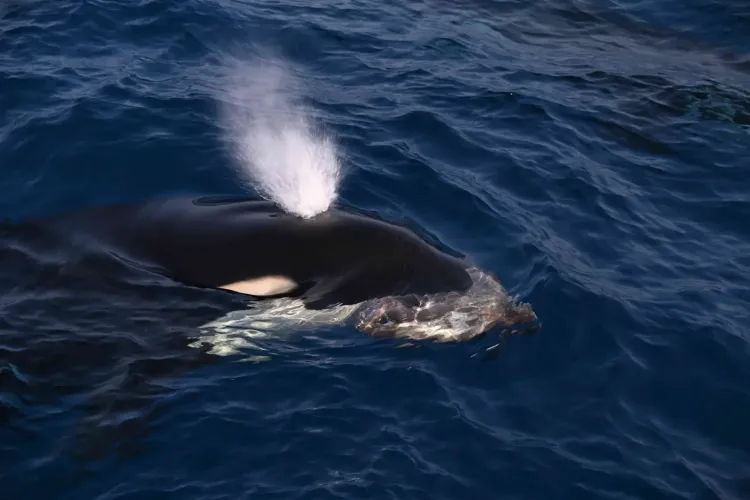How Did CMFRI Secure US Market Access for Indian Seafood Exports?

Synopsis
Key Takeaways
- CMFRI's assessment secured US market access for Indian seafood.
- Indian fishing practices are confirmed to be sustainable.
- Collaboration with MPEDA and FSI was crucial for the study.
- Bycatch levels are well below permissible limits.
- Ongoing monitoring will support future compliance.
Kochi, Oct 15 (NationPress) In a significant breakthrough, the ICAR-Central Marine Fisheries Research Institute (CMFRI) has enabled India to maintain continuous access for its seafood exports to the US market, according to the institute's researchers.
Recently, the United States acknowledged Indian seafood as compliant with its rigorous Marine Mammal Protection Act (MMPA), eliminating a crucial regulatory barrier for the industry.
This approval followed a detailed nationwide assessment of marine mammals by CMFRI within India’s Exclusive Economic Zone (EEZ).
The findings provided essential evidence that Indian fishing activities are conducted sustainably.
As a result, the National Marine Fisheries Service (NMFS) of the US recognized that India's mitigation strategies, vessel monitoring systems, and licensing frameworks align with US standards.
This initiative, carried out in partnership with the Marine Products Export Development Authority (MPEDA) and the Fishery Survey of India (FSI), marked a pioneering effort for India to produce reliable estimates of marine mammal populations and bycatch.
Spanning 18 species — including the blue whale, sperm whale, dolphins, and porpoises — the research confirmed the health of marine mammal populations in Indian waters.
A significant aspect of the study involved estimating Potential Biological Removal (PBR), which indicates sustainable limits for incidental catches.
This was validated against data collected from more than 8,000 fishermen.
The findings demonstrated that actual bycatch levels remain significantly below the allowable limits, reinforcing India’s commitment to sustainable fishing practices.
Previously, the US mandated that all seafood-exporting nations provide scientific proof that their fisheries do not adversely affect marine mammals — a requirement that had raised doubts about India’s seafood trade.
In response, CMFRI launched a comprehensive, vessel-based stock assessment utilizing internationally recognized line-transect methodologies to survey the entire EEZ.
In recognizing this advancement, the US report highlighted India’s scientific and regulatory measures as indicators of a robust framework to monitor and mitigate bycatch.
“CMFRI’s research laid the groundwork for India’s submission of the Comparability Finding Analysis (CFA), which was vital in protecting a multi-billion-dollar industry and preventing a potential export ban,” stated Dr. Ratheesh Kumar Raveendran, Principal Investigator of the “Marine Mammal Stock Assessment in India” project.
The CMFRI is committed to ongoing marine mammal monitoring to support sustainability and maintain compliance with international trade standards, he concluded.










